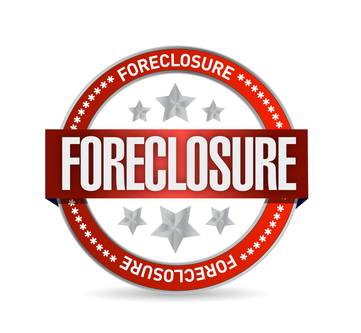If you’re facing a home foreclosure, you are probably already concerned about your financial future. However, in some cases, you may find that your foreclosure comes with an unexpected problem: a tax bill. Some situations may result in a taxable gain that may cause you to owe additional tax to the federal government with your return. It’s important to understand when your foreclosure could trigger a gain and whether you’ll qualify for any tax exclusions.
Non-recourse loans versus recourse loans
First, you’ll need to determine the type of loan you have on your property. In general, most home mortgage debt is financed with recourse loans. With a recourse loan, a lender has the right to pursue you personally for any debt remaining after foreclosure. If you are fortunate enough to have a non-recourse loan, the lender will not be able to pursue you for any additional debt owed after the foreclosure.
Tax implications of a foreclosure
If your property is guaranteed with a recourse loan and you go through a foreclosure, the lender may decide to forgive the additional debt you owe on the loan. Lenders will sometimes do this to clear your account off of their books. In this case, the IRS may view the canceled debt as taxable income and require you to report it on your return. If this situation applies to you, you’ll receive a Form 1099-C at the end of the year from your lender with the total amount of your canceled debt, which then must be reported on your return.
In a few instances, you may also face tax implications on your foreclosure with a non-recourse loan. For example, if the value of the loan balance exceeds the amount you originally paid for the property, the excess may be considered as a taxable gain. The good news is that the IRS allows taxpayers to exclude up to $250,000 of any capital gain from foreclosure from income tax if the property was the primary residence.
The one major exception to this rule involves bankruptcy. If you’re going through a foreclosure and you’re in bankruptcy, the IRS will not require you to include any of the gain as taxable income on your return.
This blog brought to you by TaxLane, LLC, providing tax preparation and consulting services to individuals and small businesses.
Pittsburgh, Allison Park, Hampton, Shaler, Glenshaw.



